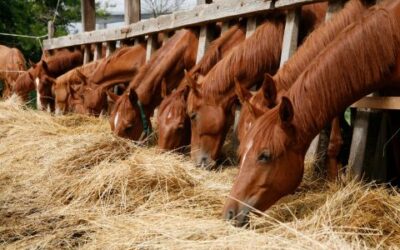 Whether you are starting a garden for the first time or rehabilitating an existing space, creating a garden that is eco-friendly is a smart move when it comes to the environment — and it has plenty of benefits for the gardener.
Whether you are starting a garden for the first time or rehabilitating an existing space, creating a garden that is eco-friendly is a smart move when it comes to the environment — and it has plenty of benefits for the gardener.
Eco-gardeners adhere to these basic principles when it comes to their garden, lawn, and landscaping:
- Work with the existing environment
- Plant native plants
- Create a habitat for wildlife
- Eliminate pesticides
- Recycle trimmings, containers and bags
- Practice water conservation
Choosing plants that will flourish in your environment goes a long way toward these eco-gardening principles. And, planning a garden design that cuts weeds and disease, groups plants with like needs, and provides edibles that encourages a habitat for birds, bees, and butterflies puts you in position to have a healthy garden that contributes to the local ecosystem.
Soil — Your Garden’s Foundation
 Eco-friendly gardening starts with eco-friendly ground cover. Adding high-quality mulch to your garden to encourage seeds or existing plantings reduces weeds, provides nutrients to the soil, and encourages earthworms. It is also an important step toward retaining moisture, which contributes to water conservation. Start by use a ground cover that is naturally grown, without using chemicals, such as Lucerne Farms’ 100% natural Premium Ground Cover. Then, follow the guidelines for weed reduction and adding nutrients for a water-wise, harmonious garden.
Eco-friendly gardening starts with eco-friendly ground cover. Adding high-quality mulch to your garden to encourage seeds or existing plantings reduces weeds, provides nutrients to the soil, and encourages earthworms. It is also an important step toward retaining moisture, which contributes to water conservation. Start by use a ground cover that is naturally grown, without using chemicals, such as Lucerne Farms’ 100% natural Premium Ground Cover. Then, follow the guidelines for weed reduction and adding nutrients for a water-wise, harmonious garden.
Start here — Monrovia provides a helpful beginner’s guide to the benefits of eco-friendly gardening, choosing the right plants, smart use of mulch and ground covers, and what it means to be “Farmer Chic.” Read An Eco-Friendly Garden.




